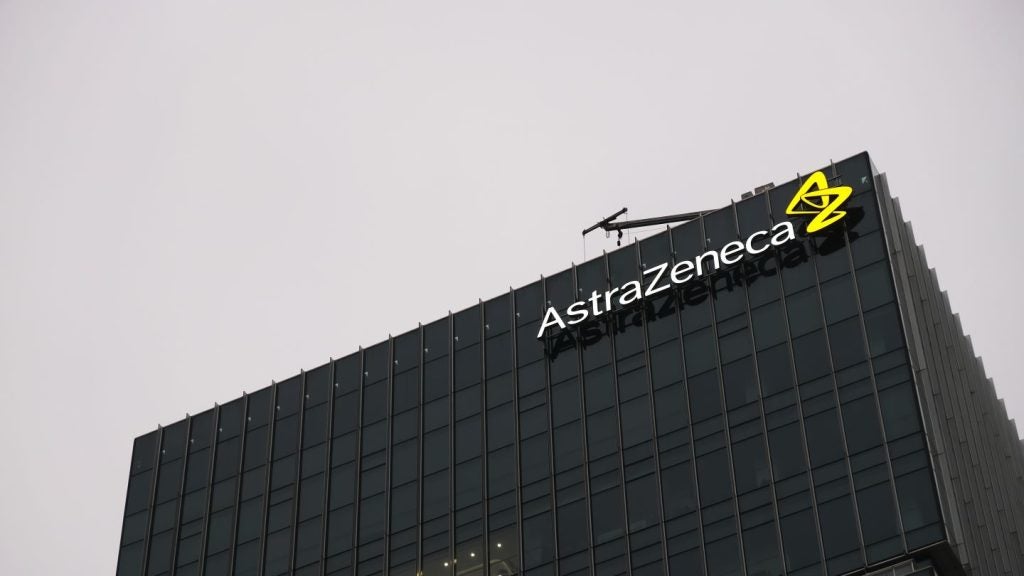AstraZeneca has reported positive data from the long-term extension (LTE) period of its Phase III ALPHA clinical trial of danicopan in patients with paroxysmal nocturnal haemoglobinuria (PNH) with extravascular haemolysis (EVH).
The multiple-dose, placebo-controlled, international, double-blind, superiority trial is designed to analyse the safety and efficacy of danicopan administered as an add-on to the standard of care comprising Ultomiris (ravulizumab) or Soliris (eculizumab).
The combination regimen was shown to offer clinical benefit in trial subjects with observed improvements in mean haemoglobin levels and absolute reticulocyte count (ARC) levels.
These levels, which were reported at 12 weeks, continued through 48 weeks following treatment.
The trial also met superiority across all crucial secondary endpoints supporting danicopan plus Ultomiris or Soliris versus placebo plus Ultomiris or Soliris at 12 weeks. These benefits continued to be reported at 24 weeks in the danicopan-danicopan arm.
Furthermore, patients who switched from placebo to treatment with danicopan as an add-on at 12 weeks demonstrated improvement at 24 weeks across all major secondary endpoints of the trial.
The mean lactate dehydrogenase (LDH) levels were found to be preserved through 48 weeks from baseline following treatment. This data indicates efficient terminal complement activity and IVH control following the use of Ultomiris or Soliris.
According to the data from the trial and LTE period, danicopan was demonstrated to be well tolerated without any new safety issues reported.
Various regulatory agencies across the world are reviewing submissions for treatment with danicopan.
AstraZeneca subsidiary Alexion Development, Regulatory and Safety head and senior vice-president Gianluca Pirozzi said: “Unlike IVH, EVH is not life-threatening, but its manifestations can be burdensome for people living with this condition, which is why we continue to explore the potential of the complement system to advance patient care.
“The pivotal ALPHA results suggest that dual complement pathway inhibition at Factor D and C5 may be an optimal treatment approach for the 10-20% of patients with PNH who experience clinically significant EVH.
“Importantly, C5 inhibition maintains effective IVH control, which is critical for patients, and the addition of Factor D inhibition addresses signs and symptoms of EVH.”
In August this year, the Japanese Ministry of Health, Labour, and Welfare (MHLW) granted approval for AstraZeneca’s Soliris to treat refractory generalised myasthenia gravis patients aged six years and above.









